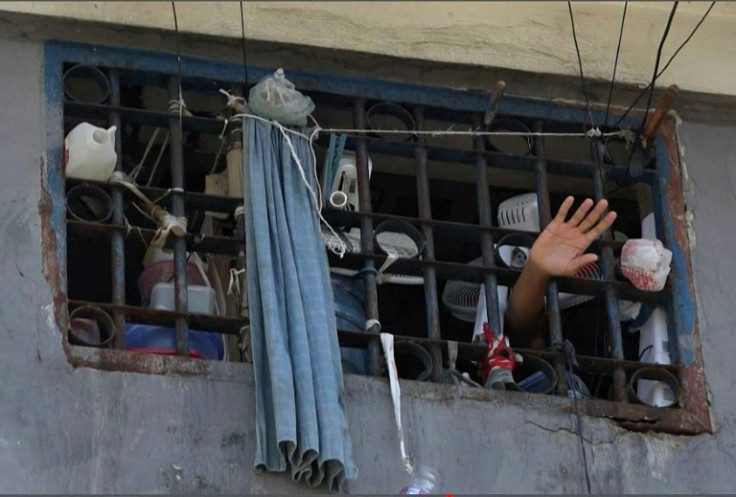
The U.S. government designated Venezuelan gang Tren de Aragua as a transnational criminal organization on Thursday, a decision that allows law enforcement to allocate more resources to fight its increasing activities in the country. It also allows them to impose sanctions on its members, making it easier to freeze their assets and restrict their travel.
The announcement included the offering of millions of dollars in rewards by the State and Justice departments in exchange for information of some of its main leaders. Concretely, there is now an up to $5 million reward for Héctor Rusthenford Guerrero, also known as "Niño Guerrero" (Warrior Child); up to $4 million for Yohan José Romero, aka "Johan Petrica", and up to $3 million for "Giovanny San Vicente, aka "El Viejo" (The Old Man).
"Today, the Biden-Harris Administration took new actions to halt the spread of Tren de Aragua, a transnational criminal organization from Venezuela that is involved in violent criminal acts, and hold their members and associates to account," said National Security Council spokesperson Adrienne Watson in a statement reported by The Miami Herald.
"As a result, all property and interests in property of Tren de Aragua that are in the United States or in the possession or control of U.S. persons are blocked. In addition, the Department of State, in coordination with the Department of Justice, is offering up to $12 million in financial rewards for information leading to the arrest and/or conviction of three leaders of Tren de Aragua", it added.
The decision comes as different lawmakers had requested such an action by the Biden administration following news of crimes committed by gang members in the U.S. Senator Marco Rubio had done so in April, saying that the gang has reached American cities.
"This is a vicious gang. They initially set themselves up in Venezuelan prisons and later became endemic in Peru, Panama, Bolivia and Brazil," he said.
"Now we're seeing evidence they reached the U.S. Every day we see reports from Chicago, south Florida and New York showing that they are here." Rubio had already sent the Biden administration a letter along with Florida Representative Maria Elvira Salazar with such a request.
Tren de Aragua has also expanded its influence across Latin America. Born within the confines of Tocorón prison, the gang has leveraged control over prison systems, adaptability, and a diverse criminal portfolio to spread its operations across multiple countries.
The gang has demonstrated a remarkable ability to negotiate and form alliances, allowing it to operate either as a primary criminal entity or as a service provider to larger groups in new territories.
This flexibility, combined with a broad range of criminal activities—such as migrant smuggling, trafficking of migrant women, drug trafficking, extortion, robbery, kidnapping, contract killings, and illegal mining—has enabled the gang to thrive without relying solely on violence.
Tren de Aragua's primary victims are Venezuelan migrants, who face extortion and exploitation as they seek better opportunities across borders. The gang charges these migrants for safe passage and sexually exploits migrant women, taking advantage of their vulnerable status. In areas under its control, it imposes strict regulations on local residents, affecting their daily lives and business operations through extortion and other forms of coercive governance.
The gang, however, was dealt a significant blow this month with the arrest of Larry Álvarez Nuñez, a co-founder and a main leader of the gang in Colombia.
© 2024 Latin Times. All rights reserved. Do not reproduce without permission.







